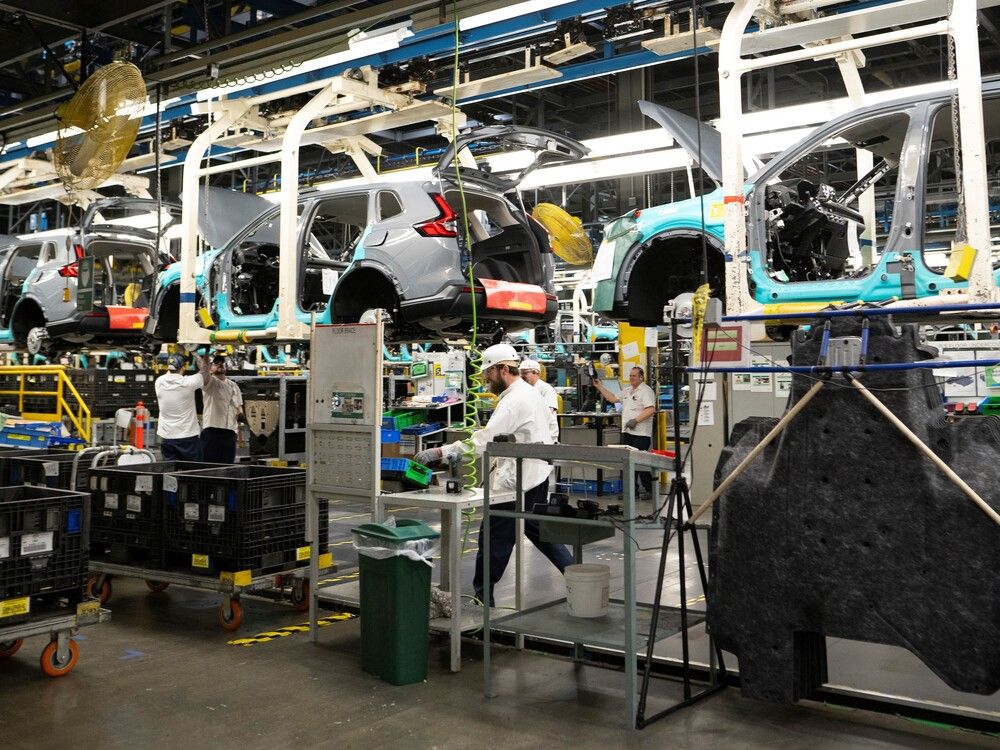- Forcing tough choices: … People cutting back spending in one area of their life due to unavoidable inflation elsewhere reduces revenue for those companies associated with those less-immediately essential products. That can hurt the stocks associated with those types of companies.
- More aggressive cost-cutting actions: When companies are faced with higher costs, they start getting aggressive with their cost-cutting actions. That could include things like changing formulas to reduce input and processing costs, reducing staff to cut salary and benefit costs, or stretching out maintenance cycles to reduce downtimes.
- Higher borrowing costs: If you’re in the market for something that you can’t pay cash for (such as a house or potentially a car), you will borrow money to complete the transaction. If inflation means the price of that item is higher today than it was in the past, you will likely both pay more and borrow more for that item.
- A greater need to hold assets in other forms: As a general rule, money you expect to spend from your portfolio within in the next five years does not belong in stocks. If you’re a retiree who expects to spend $40,000 per year from your portfolio, that means you’ll need $200,000 in lower-risk investments, assuming no inflation.
- Better risk-adjusted returns elsewhere: Low interest rates have helped bolster the stock market. It stands to reason that if rates rise in response to inflation, the stock market can get hurt as the money forced into stocks by lower rates can find better risk-adjusted returns elsewhere. Read more
Further questions
What's your question? Ask it in the discussion forum
Have an answer to the questions below? Post it here or in the forum
LATEST NEWS

China revises up 2023 GDP, sees little impact on 2024 growth
Stay up-to-date with the latest news - click hereLATEST NEWS

Target's Holiday Clearance Event Begins Today, Featuring Deals of up to 50% off on Clothing, Shoes, Beauty, Toys and More
Stay up-to-date with the latest news - click hereLATEST NEWS

Oil prices extend gains on fresh China stimulus measures, declining US inventories
Stay up-to-date with the latest news - click hereLATEST NEWS Stay up-to-date with the latest news - click here
Stay up-to-date with the latest news - click here

‘Rich people pay lots of tax’ and a ‘woke’ Statistics Canada: How FP columnists saw it in 2024
Read excerpts from columns that appeared in April, May and June 2024 in FP Comment. This in the second instalment in a series
LATEST NEWS Stay up-to-date with the latest news - click here
Stay up-to-date with the latest news - click here

What ails Canada’s EV sector? ‘Everything, everywhere, all at once’
For many companies in the EV space, the biggest question is what it will take to reverse the declining momentum and regain solid footing